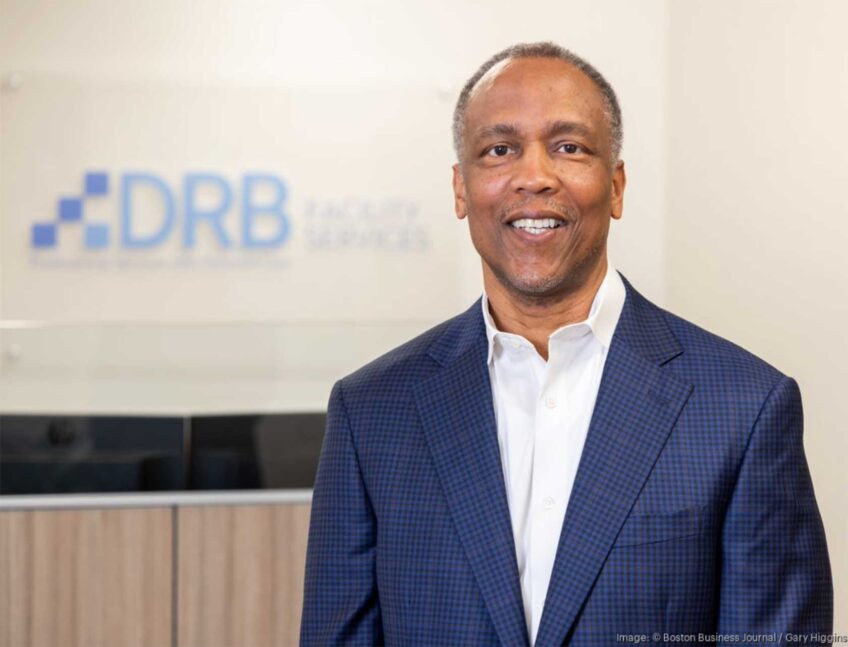

Author: Photo courtesy of the SBAU.S. Small Business Administration Administrator Maria Contreras-Sweet.
Riding a wave of confidence, small business owners across the U.S. are expecting a banner year in 2015, with all indicators pointing to growth.
As 2014 came to a close, President Barack Obama spoke publicly about some of the impressive economic gains that have America’s business community excited about the prospects of the coming year and made a pledge to continue to do his part.
“The six years since the financial crisis have demanded hard work and sacrifice on everyone’s part. But as a country, we have every right to be proud of what we’ve got to show for it: more jobs, more insured, a growing economy, shrinking deficits, bustling industry, booming energy,” President Obama said. “Pick any metric you want — America’s resurgence is real.”
The president was joined by U.S. Small Business Administration Administrator Maria Contreras-Sweet in singing the praises of 2014’s gain and setting the stage for a big 2015.
She pointed out that the country starts the New Year on a historic run of adding 200,000 jobs per month for 10 months — the longest stretch of job growth since the mid-90s tech boom.
Contreras-Sweet, like many other business pundits, does not beat around the bush when giving credit for this boom.
“Most of all, this new trajectory is attributable to the success of America’s entrepreneurs and the resurgence of our nation’s small businesses. About 7 million of the 10.9 million jobs we’ve added back were created not by large corporations, but by startups and small enterprises,” she stated. “Small businesses have led our comeback from the downturn. For 15 straight quarters, small firms have contributed to employment growth — accounting for as much as 80 percent of job gains in any given quarter.”
Most economists see what Contreras-Sweet sees. Many are equally excited about what it all means for U.S. companies, namely that small business loans are on the rise, business bankruptcies have been cut in half since the recession and business-owner income has grown by more than 40 percent from the low point during the downturn.
Importantly, though, it’s not just the talking heads that are excited about business prospects in 2015. Small business owners are equally enthused about the upcoming year and beyond.
According to the most recent CAN Capital Small Business Health Index, 58 percent of small business owners expect growth in 2015.
That is an impressive number considering few businesses plan for growth without a consistent period of revenue growth to boost confidence and an anticipation of further gains. It wasn’t long ago that half the small businesses in the U.S. reported concerns about going out of business, so this swing to a majority of small businesses planning growth paints a bright picture.
The CAN Capital survey showed a strong small business appetite for expanded marketing efforts, hiring and investments in inventory, equipment and technology.
Still the CAN Capital survey did point out that there are still concerns.
“While a majority of small business owners are optimistic about growth, we are seeing concerns about being able to access needed capital, keeping up with new trends in mobile and digital advertising, meeting new regulatory requirements, and winning the war for talent with larger competitors,” Daniel DeMeo, chief executive officer of CAN Capital, said in a statement about the Small Business Health Index.
The survey highlighted that small business owners are increasingly realizing the importance of new forms of marketing and advertising. Survey data shows that 38 percent of small businesses are looking to expand and try new forms of advertising and marketing activities, with 38 percent labeling digital marketing as being very or extremely important. Online ads and e-mail marketing were cited as examples of how small businesses plan to expand marketing efforts.
However, small business owners’ knowledge of new media marketing seems to be lagging, with 39 percent saying they have not optimized their business’ website for all mobile devices and only 31 percent citing social media marketing as being very or extremely important to their growth strategy.
The 35 percent of small business owners surveyed who said that their growth plans include purchasing equipment and making inventory investments reflects a 10 percent rise over responses from a prior Small Business Health Index earlier in 2014.
Moving into 2015, 20 percent of small businesses reported plans to hire more people and another 20 percent reported plans to implement new technologies or operational tools, such as customer relationship management systems.
So what do small businesses worry about the most as they hit the ground running this year?
From the Small Business Health Index, small business owners are worried about what customers have to say about their services, with almost half of businesses citing concerns that online business reviews will impact their business.
One-third of business owners say they are worried about how online shopping trends will impact their business. Fifty percent indicated they still do not accept payments online for any services, another major worry.
Overall, as CAN Capital’s DeMeo suggested and other media reports confirm, small business owners still worry about how the Affordable Care Act and resulting regulations will impact the bottom line.
Small business owners also worry about how the increases to minimum wages will raise overhead.
Lastly, the high-profile cases of corporate data breaches throughout 2014 have left many small business owners shaking their collective heads at the daunting prospect of security measures. While data security experts predict that consumers will help stem this problem by beginning to share less information in general, most businesses are expected to respond to growing security concerns with data security becoming an increasingly key part of the sales process.







